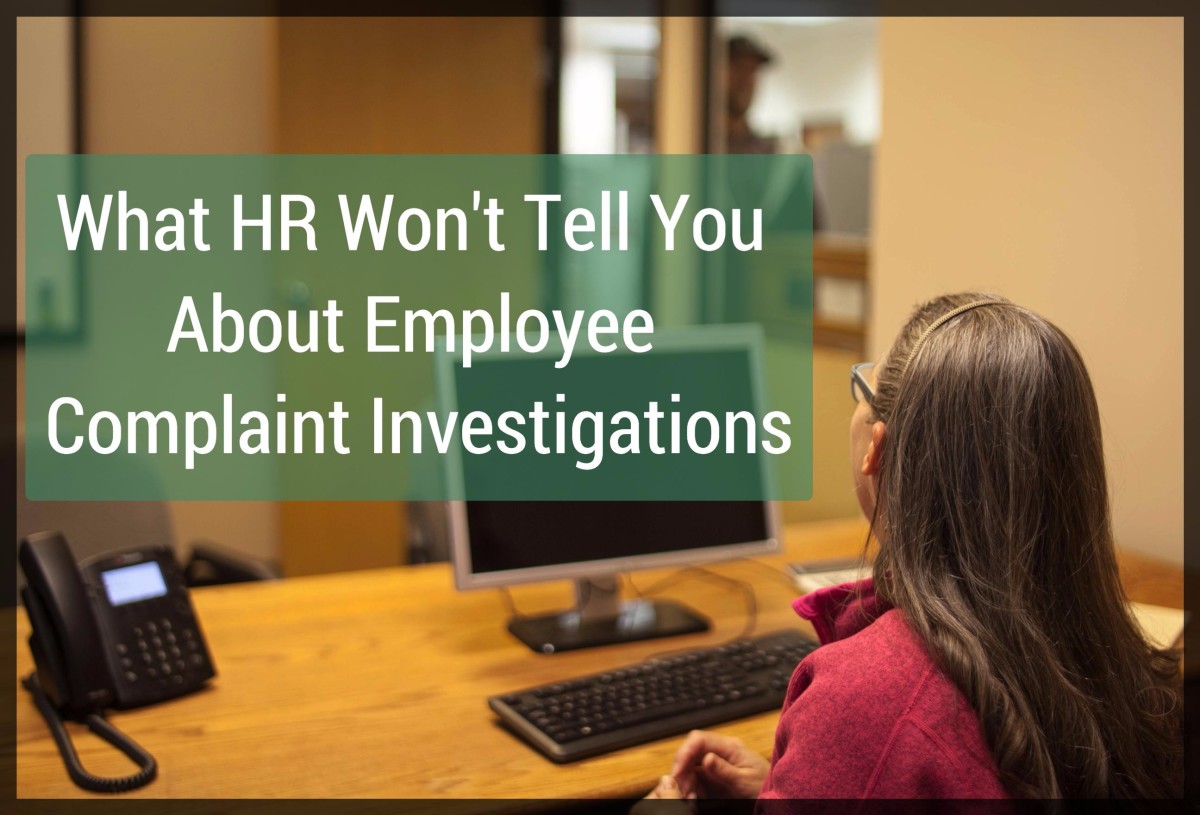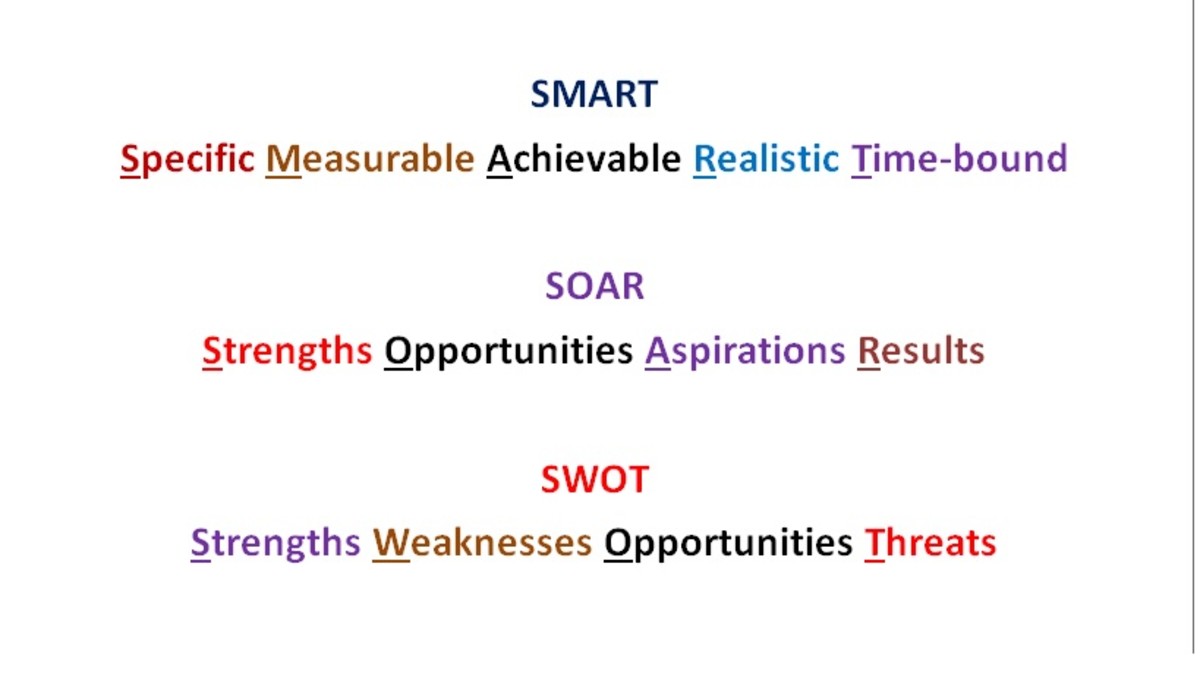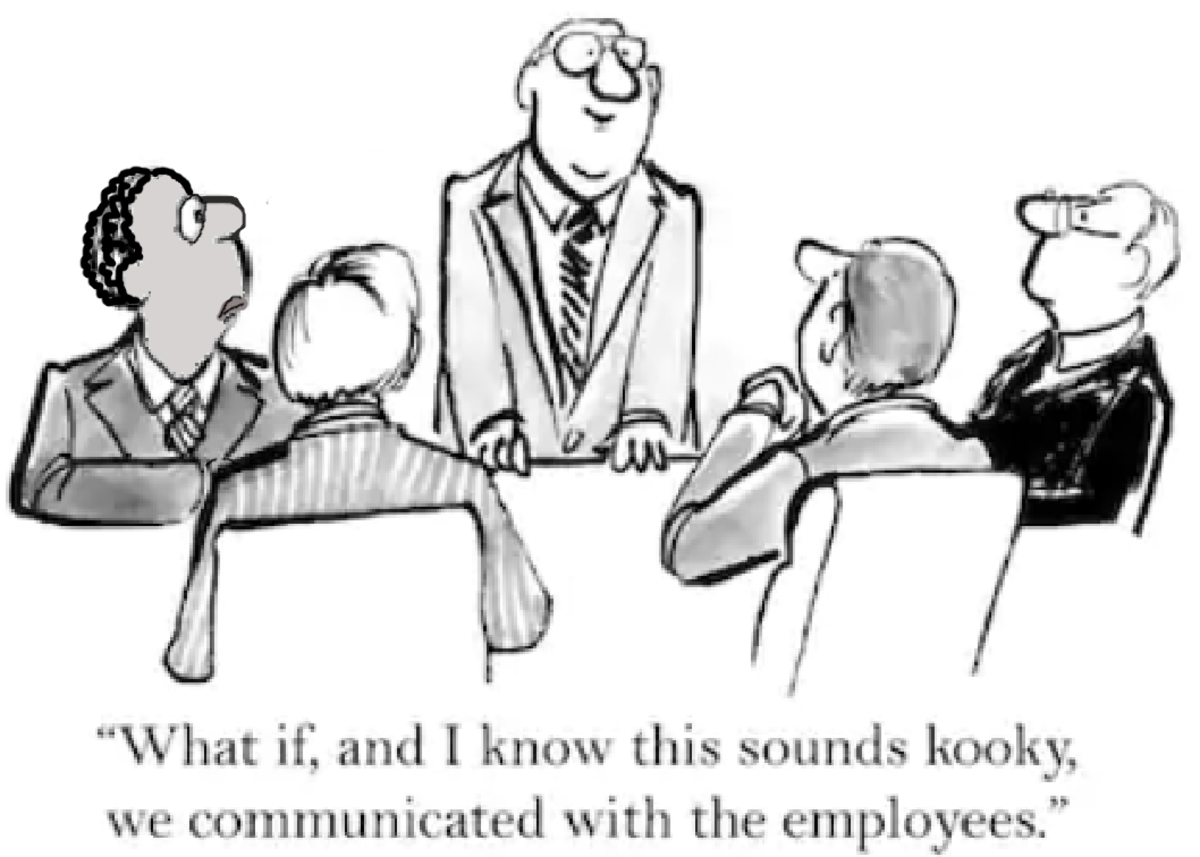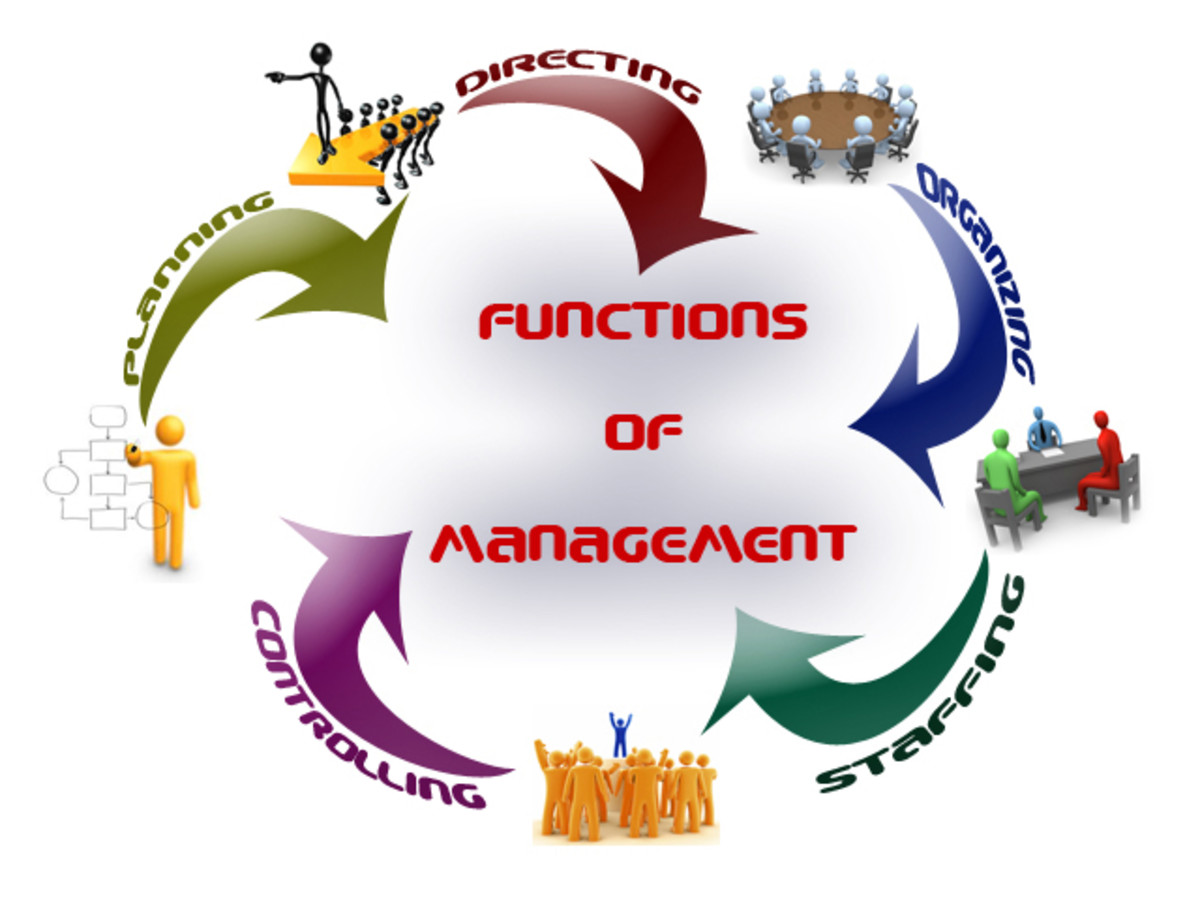What is the Future of Human Resource Management Information Systems (HRIS)

HRM Today
Human resource management is a process of bringing people and organizations together so that the goals of each other are met.
HRM today is a different story, it has changed the way we work, and also it helps an organization to survive in recessionary period. Managing and attracting the human resource in today’s time is very difficult task. The role of HR manager has changed a lot from being protector and screener to the role of Savior who acts as planner and change agent affecting bottom of the pyramid where it is blue collar workers & at the Top & Middle level executives. The trends in human resource industry are dynamic in nature which contributes towards to achievement of organization goals. Over the years, highly skilled and knowledge based jobs have increased while low skilled jobs are decreasing. This calls for Skill mapping through proper HRM initiative.
Change is inevitable as said and that’s what most organizations are witnessing in management cultures, systems and working style. Alignment with global companies has forced today's organization accept and incorporate change in everyday life which makes role of HRM all more important.
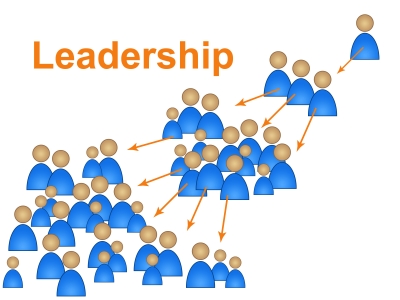
HRM in a Strategic Context
Today HRM is seen in a strategic context and not merely as an administrative or support service.
HR’s contribution to competitive advantage lies in its adding value to strategic capabilities and business processes.
The Role of HRM in Today's Organizations
Apart from the daily routine human resource administration tasks they are responsible of the following things which are high impact to a successful organization.
- Boosting Productivity
- Preparing the Organization for Change
- Building Employee Commitment and Morale
- Involvement in Determining and Implementing the Strategic Direction of the Organization
- Becoming the employer of choice


Employees are Humans, not Commodities
We need to put the “human” back into human resources. Employees are humans, not commodities, and HR departments have to start seeing them differently. With the current push towards strategies that engage employees, attract top talent, and contribute to the bottom line, this change is imperative.
We need to stop whining about being at the table. These days, almost every book or article we read about the role of HR talks about HR needing to be ‘at the table’ or to be more strategic. It’s my experience that in almost every respected company, HR is at the table. So for most HR leaders, the question is not ‘how do you get to the table’. It is ‘now that you are at the table, how do you best contribute to the success of our organization?’. ‘How can you be taken seriously at the table?’
Clearly the first step is to make sure that the organization’s HR practices are effective. The practices should create competitive advantage by building strong organizations, strong leaders and managers, and strong teams and employees. But few HR departments do this in a measurable way. CEOs are demanding that HR stop giving lip service to strategic performance and find the metrics that prove they are contributing to the growth and performance of the company through effective people management.
Increasingly, more is being expected of HR practitioners than just being good at HR. They need to broaden their skill-sets so that they can sit at the executive table and understand as much about the business as the other leaders.
A Finance person who only understands Finance and a financial perspective, a Sales person who only understands Sales and the Sales perspective – these individuals will have limited career prospects and very little chance of succeeding in a leadership role. The same holds true for HR people. That this is the case is good news for HR. It means that HR and HR people are too important to be set aside in the corner. It means that HR skills and knowledge need to be brought to bear on the strategic management of the organization.
Organizations consist of people. People are real. You can see them, touch them, and hear them. And people have capabilities. And those people with their capabilities will determine whether the organization thrives or dies.
If HR is to be perceived as an enabler of business strategies, they need to be seen to be making measurable contributions to the bottom line through expense reduction, or revenue generation, talent management and risk mitigation. HR people need to be a lot more creative in the way they do things. The “one size fits all” approach doesn’t work anymore. HR departments of today need to be the talent departments of tomorrow.
Is HR Function Significant for Company Growth in Service Sector ?


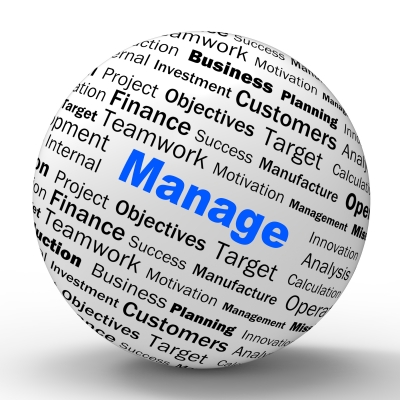
Human Resource Information System (HRIS)
Kavanagh et al defines HRIS as a;
System used to acquire, store, manipulate, analyze, retrieve, and distribute information regarding an organization’s human resources. An HRIS is not simply computer hardware and HR related software. Although an HRIS includes hardware and software it also includes people, forms, policies and procedures and data.
In a more simple term,
HRIS is a set of inter related components working together to collect, Process, store and distribute information to support HR decision making, coordination and control in an organization.
HRIS Functions
-
HRIS as a Business Function
At the very least, when an HR function is available in an organization, it is responsible for managing employee data, takes care of payroll, time and attendance and the setting of company policies.
The role is largely that of Personnel Administration focused on Compliance both internal & external, and on Management of employee records.
-
HRIS as a Business Partner
As a Business Partner, the role of HR is to meet the “existing business needs” of the organization so that the organization could grow at a measurable rate. At this stage of evolution, the focus of the HR shifts to competency based Recruitment, Total Compensation, Employee Development, Communication and Organization Design. To facilitate the above functionality, HR uses tools such as Applicant Tracking software for recruitment, Employee Portals for communication, Self Services for employee’s empowerment, learning management Systems for training & development and an Employee Database for capturing employee skills & competency profiles. Organizations even have well defined Job Descriptions with details of qualifications, experience, special skills required for the job and job roles & deliverables for each job position
-
HRIS as a Strategic Partner
Organizations that view their HR as a strategic business partner believe in full maturity of their HR function. Such organizations are focused on attaining leadership positions rather than a year-on-year growth. Bottom-line and top-line growth is expected to be achieved automatically.
At this level, HR becomes responsible for identifying core competencies necessary for their organization to attain leadership position.
Conclusion
Undoubtedly, in today’s world of management the only constant thing is a change.
In the HR area two things never change: Human capital remains the most strategic asset of the company and HR’s responsibility is to ensure that the organization is the Employer of Choice.


